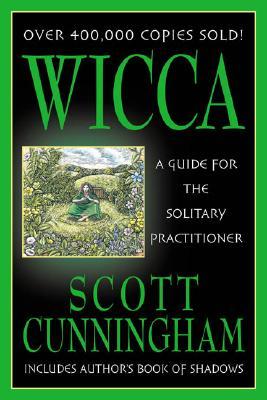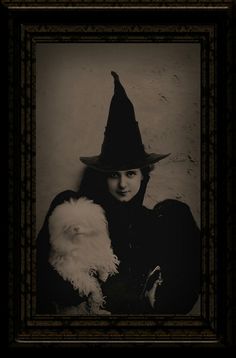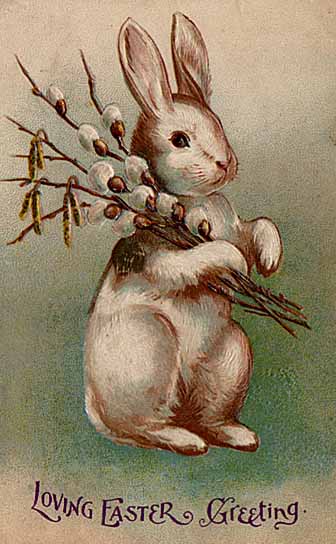
Yesterday in Australia we celebrated ANZAC day, a commemoration of the service men and women of Australia and New Zealand who fought and gave their lives to allow the peace and freedom that we enjoy in this country to be a reality. As I am an American by birth I also identify with the American holiday of a similar theme, Memorial Day. Both are great examples of citizens giving thanks for those who have done what many of us would not be able to do- serve under life-threatening circumstances where lives could, and were, easily lost.
As a Wiccan I wonder how my religion justifies war? Arguably the purpose of an army (or navy or air force) is to provide a violent and overwhelming force capable of delivering death and destruction onto any forces who threaten it. But this flies in the face of the Wiccan code which states “…and it harm none, do what ‘ye will”. Yes, the ultimate purpose of a military force in a country is to be a deterrent for other countries to attempt attacks. But to be an effective deterrent you must be willing to sacrifice lives and assets to destroy other lives and assets.

Looking at Pagan societies and their history of war and armies the most prolific and most noted would have to be the Romans. Well known for their Pagan beliefs the Romans systematically used well-trained armies to attack and secure land from many other countries. The Vikings, who were Pagans from Scandinavian countries, again utilized armies and navies in organized attacks on weaker forces. The early German Pagans also were involved in many wars, some as the aggressors. While this list includes several Pagan-based cultures, Wicca is not amongst them.
That is because Wicca, as we know it, did not come into popular being until the 1950s; with it’s origins dating back to the 1800’s with Gerald Gardner. (I am looking to do at least one blog posting on the origins of modern Wicca at a later date.) Additionally Wicca is a mixture of British and American influences where both countries were almost entirely Christianized prior to the development of Wicca and both were secularized with the government separated from the church. Alas the Wiccan rede by which most practitioners follow did not appear until at least the 1960’s.
So Wiccan’s are left to their own beliefs to justify military service. As Wicca is a ‘natural religion’ as some would say we could by-rights look to nature to see if military-type action is accepted. Arguably we see many examples of animals using violence both to defend and attack to gain reputation, land and status. So even the animal world has groups within it whom utilize many traits found in modern forces. And the threat of violence and possibility of death does not deter animals from using their ‘instinct’ as it has been described.
In the end I give credit to all servicemen and servicewomen, no matter their religious heritage. Should a Wiccan feel that they are best suited to put their life on the line to defend a nation of which I occupy I have only respect for them. The rede does say ‘harm none’, however the spirit of that law applies to magical workings. One could argue that the use of weapons and military tactics is not magical, and therefore falls into the mundane existence- outside of the rede.
Unfortunately my adopted home is not as progressive towards Pagans (specifically Wiccans) as my birth-country. The Guide to Religion and Beliefs in the Australian Defense Force (ADFA) does have a passing mention of Wicca as a ‘nature-based religion’,

however that is where the effort ends. The U.S. Army Chaplain’s handbook has an entire section devoted to Wicca. Wicca is also recognized as a religion in relation to burial headstones and on dog tags in the U.S. I have not found any mention of this within ADFA.
In fact looking at the guide from ADFA several religions are included, however as stated earlier Wicca is not. I am wondering if this is because Wicca does not have a hierarchy, and therefore no governing body to drive its inclusion in the defense force. Or, conversely there are no firm numbers of Wiccans, let alone Pagans, within the Australian military. Either way it would be good of the Australian government to be inclusive of Pagans as they are of other religions.
Despite the lack of federal recognition of Wiccans and Pagans more broadly within the Australian military I, for one, am proud of every serviceman and servicewoman despite their faith. I can see how Wiccans could have an internal conflict justifying the use of violent force on others while defending its use to defend the freedom and protection of Australia and its interests.
I would be interested in the thoughts of others on this topic.
Until next time, Blessed Be.
Garrettlonewolfe
References:
U.S. Army Chaplains handbook: Wiccan
Guide to Religion and Beliefs in the Australian Defense Force
Encyclopedia Britannica (online)- Wicca
Thoughtco- Gods and Goddesses of war and battle
Thoughtco- Pagans in the Military- U.S. based information
Wikipedia- Wiccans and Pagans in the U.S. Military
The Wiccan Rede, a Historical Journey







 tly my partner and I brought home an 11 week old Tabby kitten. While I have had several cats in my life I have been mostly a dog-person (so to speak). In my travels as a Wiccan I do see regular references to cats being an important part of a Wiccan household, so I decided to do a bit of digging to see where this comes from. At the outset I will say that there is not a lot of helpful objective information, but I will share what I have.
tly my partner and I brought home an 11 week old Tabby kitten. While I have had several cats in my life I have been mostly a dog-person (so to speak). In my travels as a Wiccan I do see regular references to cats being an important part of a Wiccan household, so I decided to do a bit of digging to see where this comes from. At the outset I will say that there is not a lot of helpful objective information, but I will share what I have.






